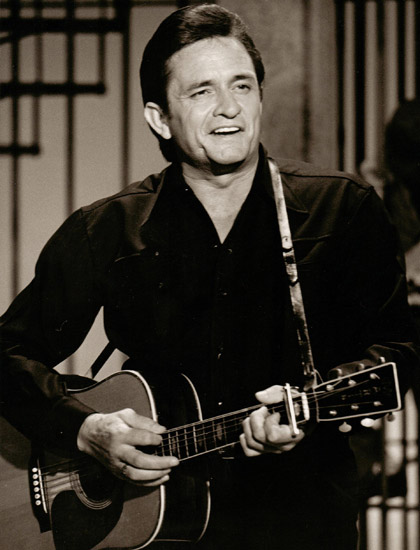Osees - A Foul Form
Osees
A Foul Form
By: Nate Cross
A Foul Form’s punk rock experimentation is a useless gimmick.
Punk rock has always been a part of the Osees arsenal. Maybe it was never wrapped in a perfect bow to be labeled purely as such, but it was always there under a thick coating of kraut rock weirdness and originality.
Mastermind John Dwyer has led the Osees project to conquer many genres through his eccentricities as a songwriter and performer. The band has done it all throughout their existence—the long experimental jam, short bursting aggressive noise rock, to care-free garage and psyche. However, their newest conquest has ended up being their biggest head-scratcher.
Osees, in this iteration of their career, have seemingly given up on recording epic 7+ minute tracks. 2020’s Protean Threat, their first release as Osees, was the first hint of their name change being more than just a funny way to trip up music critics.
Most of the tracks barely went over 3 minutes and, as a result, weren’t pushed as far as they could have been. Nonetheless, it was still an exciting new sound, as if Dwyer and Co were using the command control buttons on an alien spacecraft as their synthesizers and guitar pedals.
A Foul Form follows the same short song formula, but the whacked-out experimentation is gone. The record instead takes influence from the scuzziest of punk rock from the 80s as its quirk. The spaceship bleep bloop-age is exchanged for a grimly lo-fi mix.
It sounds as if the album was recorded with waterlogged microphones in a 50-square-foot windowless basement, and the only light source is coming from a single bulb hanging from the ceiling.
Photo shout: TITOUAN MASSÉ
It’s fitting - that would be the perfect venue to watch these songs be performed. “Funeral Solution” and “A Foul Form” let no air escape from the crust-covered guitars and bass.
The drums sound like they were left untouched in the mix--flat and raw, like both Dan Rincon and Paul Quattrone’s drum kits were left sitting near a sewage pipe for a few days before they went to lay down their parts. With each snare hit, you can picture a bit of wet residue popping up from the skin of the drumhead.
Dwyer locks into one melody barren vocal style for most of the tracks—a throat-shredding yell that even leaves him audibly gasping for asbestos-ridden air on the hilariously titled “Fucking Kill Me.”
For most of the tracks, he’s barking his head off about “fuck it” style reckless behavior because there’s no reason to be civil in a society void of civility. “Right, you fucking animals, peaceful living is too slow,” he yells on the opener, like an order to hit the person next to you in the face.
While these tracks are heftily inspired by gritty basement punk, there are a few cartoonish guitar quirks that only the Osees could pull off. “Fucking Kill Me”’s especially bouncy wah-wah pedal usage makes it more fun than angsty. However, “Scum Show” sees the band abandoning their roots for an all-out brawl to the death. The speedy tempo makes the sludgy guitars almost lethal to the ear drum. It inflicts fear and panic, just like punk rock should.
Even though it feels like Osees have found a formula here to make hard-hitting punk tracks, they still try a few ideas that are out of left field. “Left field” is usually a place where Osees thrive, but A Foul Form’s punk landscape doesn’t let them.
While “Frock Block” is noisy and raucous, it’s just as every bit tedious. The whole track is made up of one guitar riff and drum pattern that repeats over and over, with Dwyer incoherently screaming in the ether. At the end of the day, it comes off as a half-baked idea that should have been left on the cutting room floor. The same could be said about the half-assed “A Burden Snared,” a minute-long instrumental that is nothing more than an easy skip.
The real fault of the record is when Osees aren’t making as much noise as promised. The obligatory anti-cop track “Perm Act” has an engaging standalone bass groove in the verse, but Dwyer’s vocal melody does little to compliment it.
“Too Late For Suicide” is less sour sounding but similarly structured. The bass carries the melody, while Dwyer annoying tries to imitate a police siren with his incredibly shrill-sounding guitar. The song flaccidly fades out when you think it sounds like the outro might save it.
Meanwhile, “Social Butt”’s ever-changing tempo would have been a fulfilling send-off for the record, but Osees decide to end the album with a cover of Rudimentary Peni’s “Sacrifice.” While it’s nicely done, it feels too quick and painless to conclude an album that puts the listener through such ups and downs.
Osees didn’t have to “go punk” when they already were punk to begin with. They’ve performed in this style on other records where they weren’t hyper-focused on deviating to a sound from a past decade, and the results were more exciting than most of A Foul Form’s highlights.












